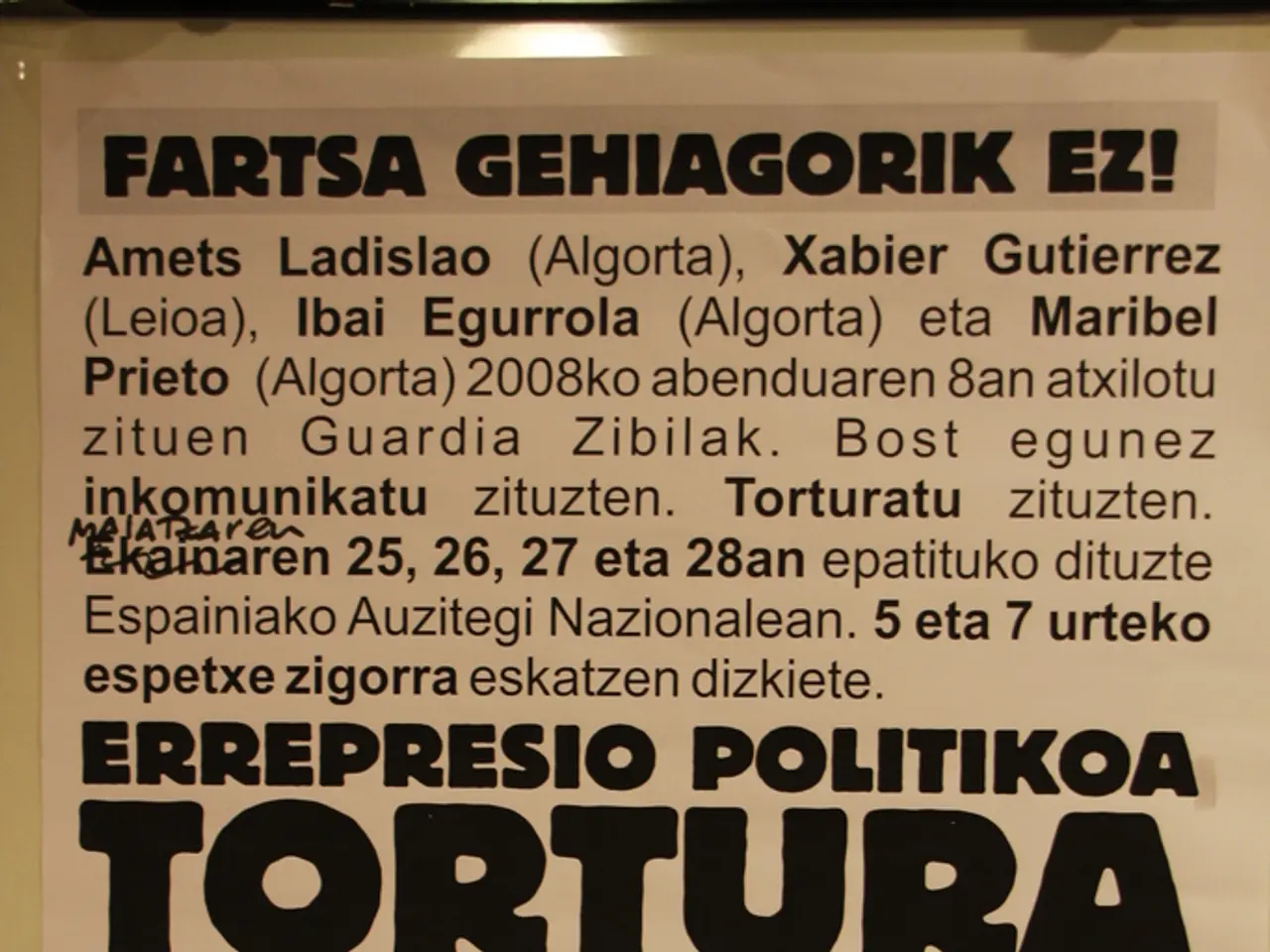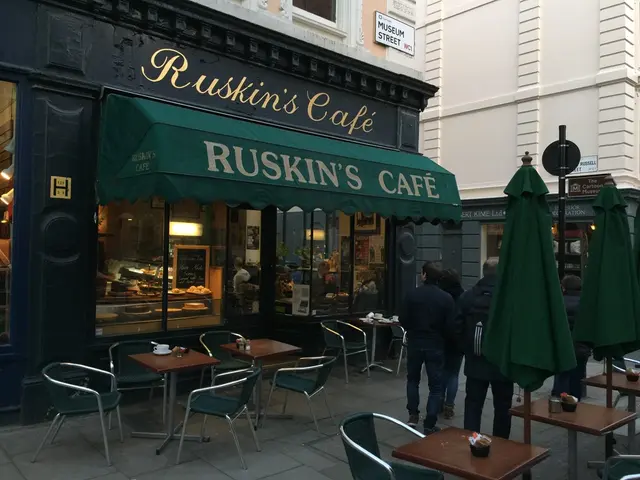Strategies to mitigate tariff impacts
In the face of escalating U.S. tariffs on Brazilian exports, cities in the Vale do Rio São Francisco, Paraná, Minas Gerais, and Espírito Santo have been identified as some of the most vulnerable. This situation forms part of an ongoing effort to diversify Brazil's insertion into the international market.
In a recent meeting, the National Front of Mayors and Mayors (FNP) discussed the impact of these tariffs on Brazilian municipalities with Geraldo Alckmin, the Vice President and Minister of Development, Industry, Trade and Services. The mayors Marília Campos and Margarida Salomão were present.
The government's primary strategies to tackle this challenge revolve around job protection and market diversification. One such approach involves seeking alternative export markets to absorb the volume and value lost in the U.S. market due to high tariffs, with the ultimate goal of reducing dependency on the U.S. trade relationship disrupted by the tariffs.
Another strategy is engaging in international dispute resolution by submitting a request for consultations at the World Trade Organization (WTO) to challenge the tariffs and potentially overturn or mitigate their effects. This move could protect jobs tied to affected export sectors.
The government is also advocating for trade policy realignment that could help stabilize and sustain sectors impacted by tariffs, particularly key agricultural products like coffee, beef, and seafood, which are vulnerable due to the 50% tariff rates.
President Lula is taking proactive measures to open new markets for Brazilian products, having already negotiated agreements with the European Union, Asia, Africa, and countries in Latin America and the Caribbean. Furthermore, the federal government is expected to announce an emergency plan that addresses the specific needs of each sector.
Initiatives such as encouraging public purchases of items affected by the surtax and mechanisms to protect and promote exporting companies, especially micro and small ones, have been proposed. The refund of PIS and Cofins credits is also suggested as part of the emergency action package.
To alleviate the burden on workers, the advancement of bank hours and collective vacation deadlines is being considered. It is crucial to note that there is a risk of factory closures, mass layoffs, and the collapse of entire production chains in these regions if no action is taken.
Companies accessing subsidized credit lines will be obligated to maintain jobs during the emergency plan's validity. A document prepared by the mayors has requested the adoption of urgent measures to protect jobs and the revenue of the most affected municipalities.
The Brazilian government continues to negotiate with the U.S. to expand the list of sectors exempt from the tariffs. Despite the challenges, Brazil remains committed to safeguarding its economy and its people in the face of these tariffs.
In the discussion at the National Front of Mayors and Mayors, Geraldo Alckmin was addressed about the impact of U.S. tariffs on Brazilian municipalities, revealing a concern in politics and general-news about the vulnerable cities in the industry sector. This concern has led to the government's strategy of engaging in dispute resolution at the World Trade Organization (WTO), with a focus on finance, as they challenge the tariffs and seek to protect jobs tied to affected export sectors.
In addition to international dispute resolution, the government is also advocating for trade policy realignment, particularly for key agricultural products like coffee, beef, and seafood, which are key contributors to the finance industry and are vulnerable due to high tariff rates. This move, along with other proposed initiatives, such as encouraging public purchases of affected items, protecting and promoting exporting companies, and refunding PIS and Cofins credits, is part of an emergency plan aimed at safeguarding jobs and the revenue of the most affected municipalities in the finance and industry sectors.




